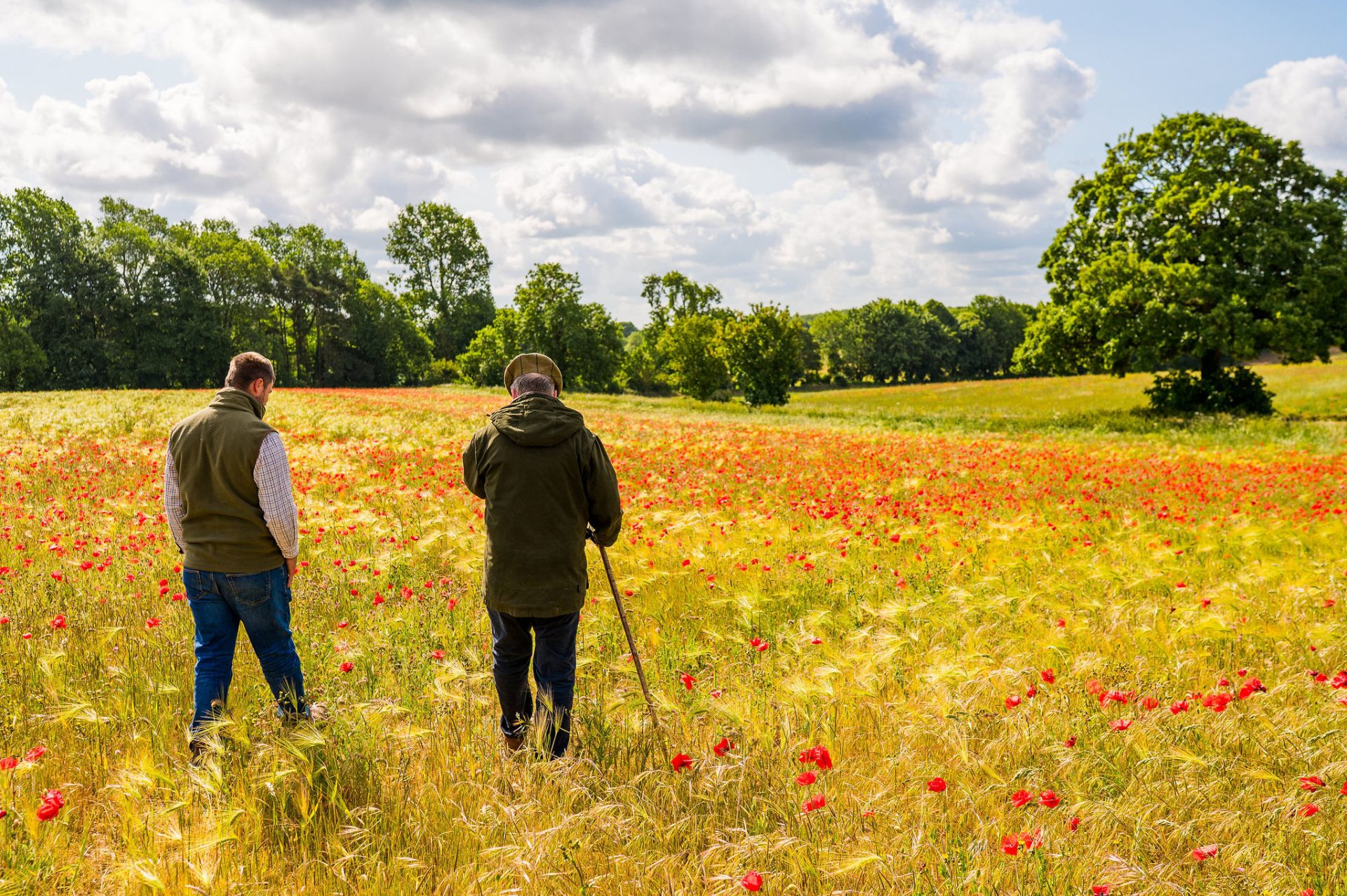
Biodiversity Net Gain
For landowners
Keystone has been delivering BNG surveys and strategies since 2016, supporting developers, local authorities, utilities, transport bodies and private landowners to meet planning requirements, secure net gain units, and enhance ecological value across a wide range of projects.
We handle everything from baseline surveys and metric calculations to habitat creation and long-term monitoring — helping you unlock value from unproductive land. Our work includes BNG for planning applications, habitat banking, and site enhancement. In Wales and Scotland, we also support clients with impact assessments and habitat plans using tailored BNG methodology.
Step-by-step process
We simplify the complexities of Biodiversity Net Gain with a clear, structured process that gives you confidence every step of the way.
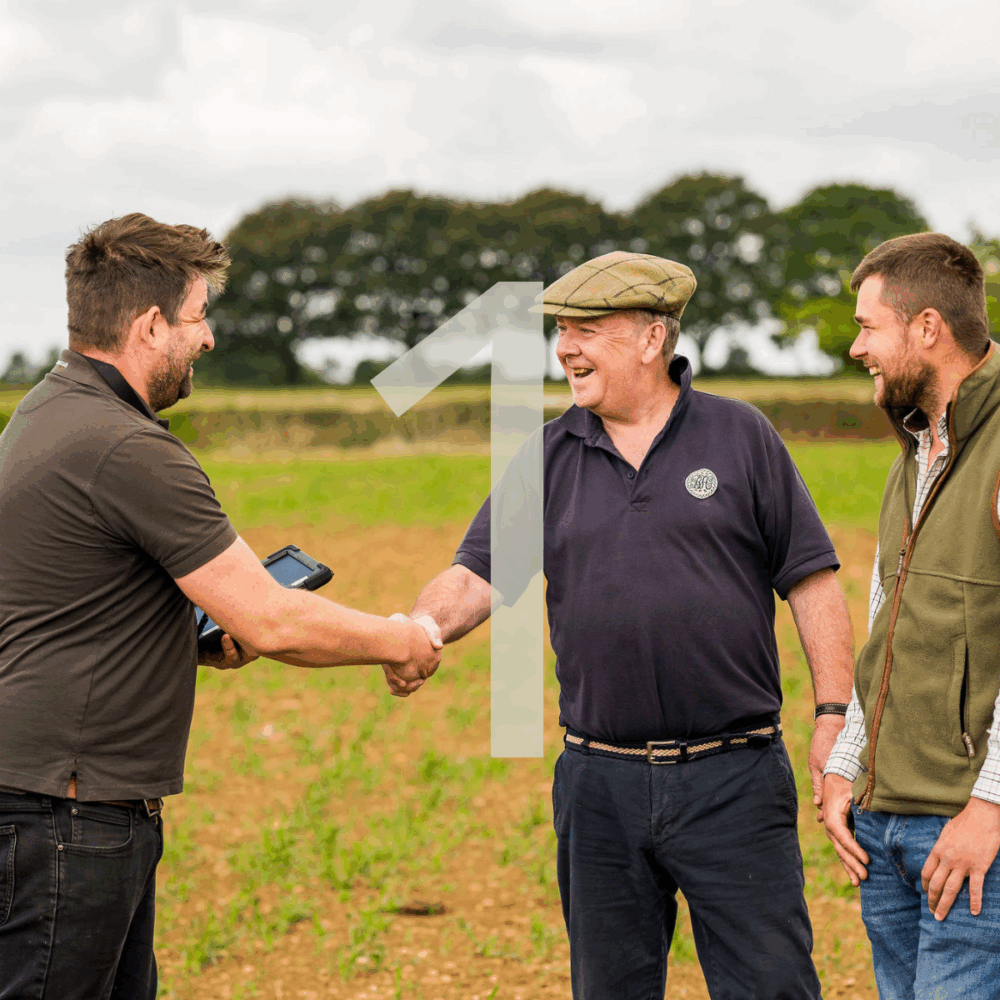
Site visit
We’ll visit your site to assess existing habitats and their condition, and meet with you to understand your land, how it’s managed, and what you'd like to achieve. This ensures any BNG opportunities align with your goals and farming operations.
Site visit
From there, we’ll develop tailored land management options designed to enhance biodiversity while complementing your current practices. Our approach focuses on practical, achievable measures that maximise both ecological value and potential income through Biodiversity Net Gain.
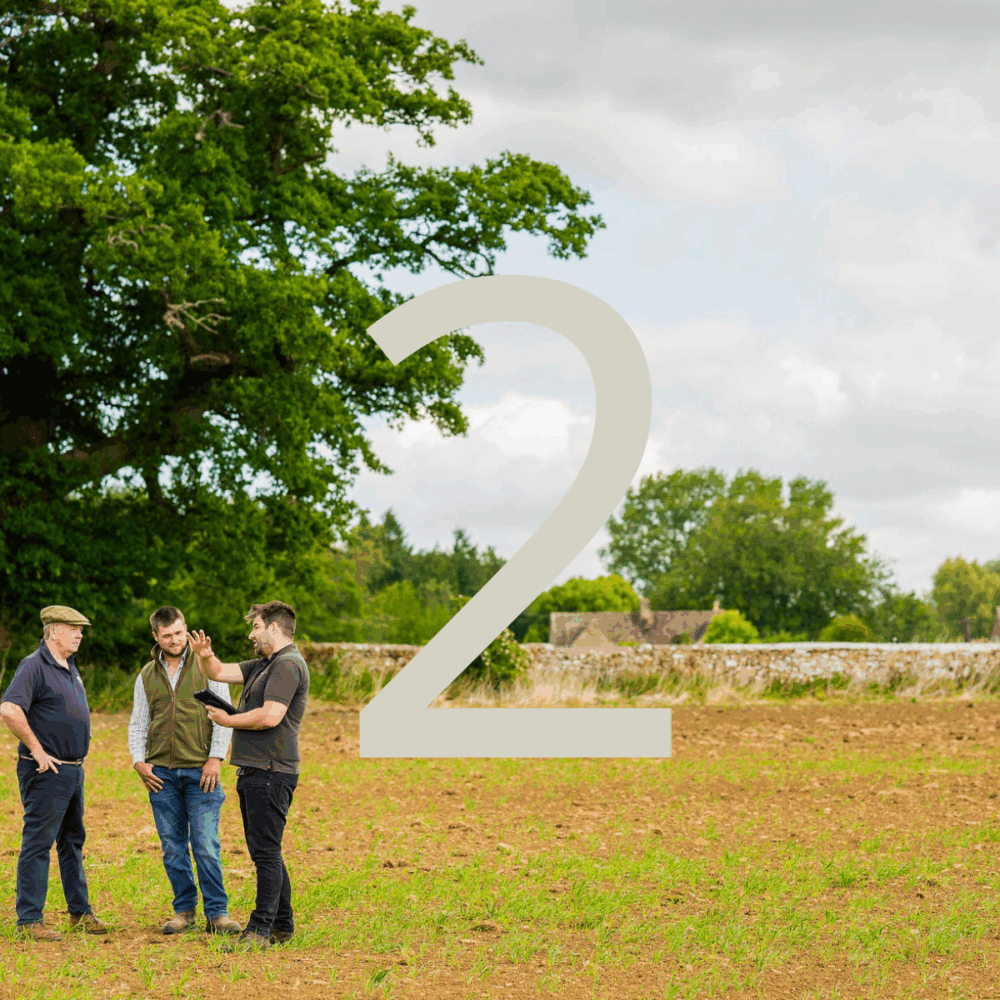
Baseline assessment
We will undertake a site visit to conduct baseline ecological surveys, including UKHab habitat classification and condition assessments in line with BNG metric requirements.
Baseline assessment
This baseline assessment enables us to identify the most effective land management interventions for increasing your site’s biodiversity value and unlocking income through the sale of BNG units.
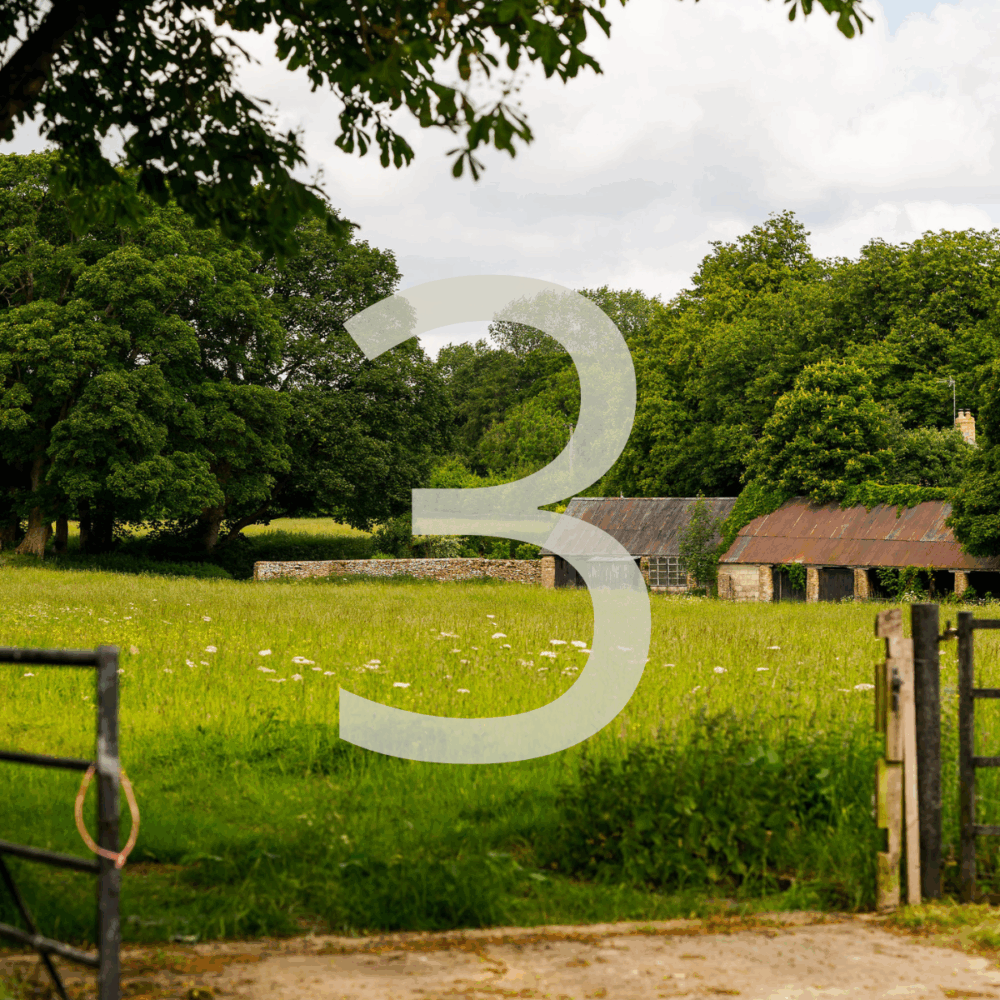
DEFRA's Statutory Biodiversity Metric
Drawing on insights from the site visit, our discussions with you, and supporting desk-based research, we’ll complete a baseline biodiversity assessment in accordance with DEFRA’s Statutory Biodiversity Metric.
DEFRA's Statutory Biodiversity Metric
Once the baseline biodiversity assessment is complete, we’ll identify opportunities to enhance or create habitats on-site (or off-site, if needed) in order to achieve measurable net gain. Using the findings, we’ll develop a land management plan that outlines proposed interventions, timescales, and the expected uplift in biodiversity units, ensuring it meets both planning requirements and DEFRA’s statutory targets.
This plan can then be submitted as part of your planning application or used to support longer-term land management decisions.

Registration of Biodiversity Units
We will register your land and available biodiversity units on the appropriate platforms for both the mandatory and voluntary credit markets.
Registration of Biodiversity Units
This ensures your site is compliant with DEFRA’s statutory requirements and visible to potential buyers looking to secure off-site BNG credits. By positioning your units correctly, we can help you maximise their market value and connect with developers or organisations in need of high-quality, creditable habitat gains.
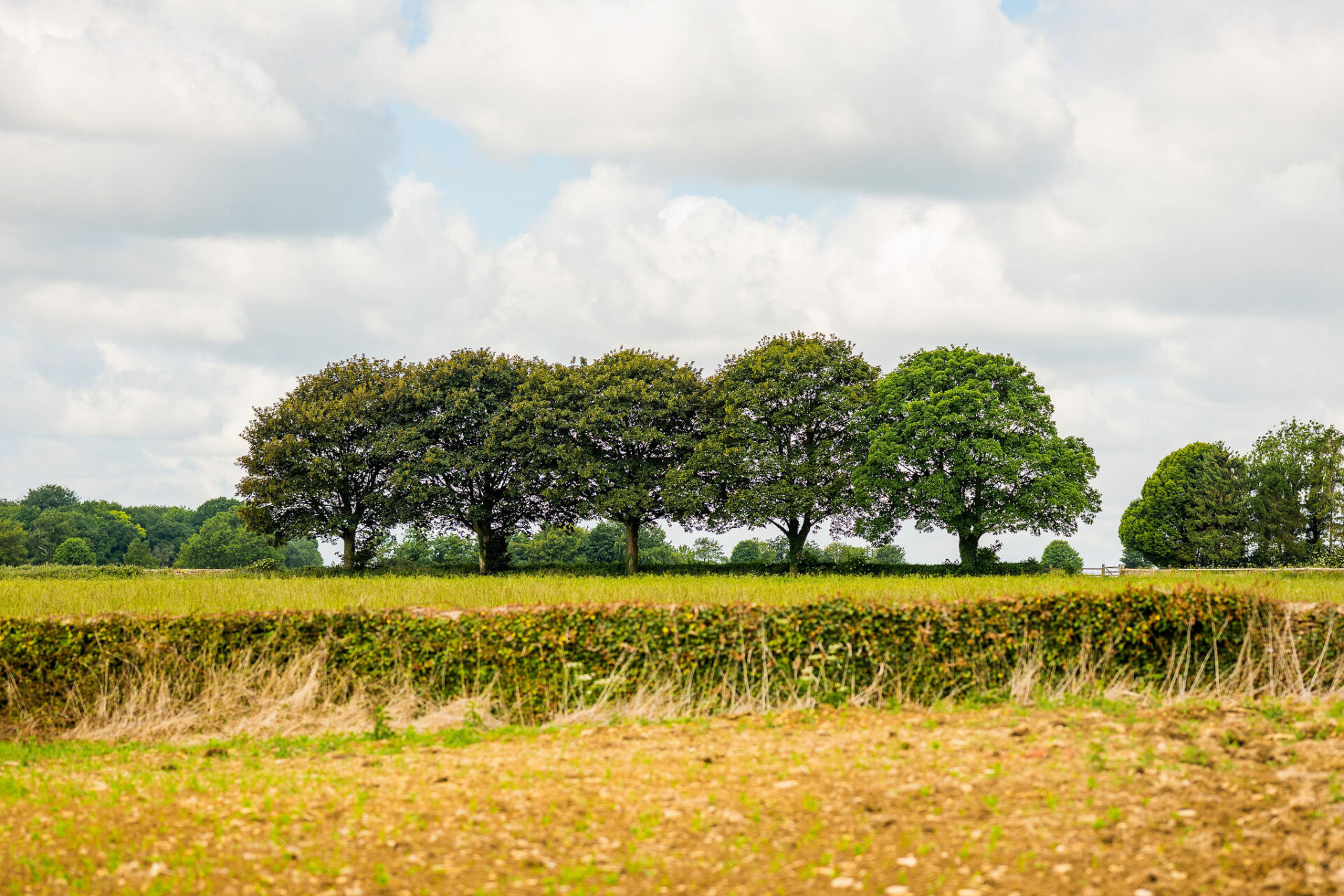
Ongoing support
We provide expert support for the implementation of habitat creation and enhancement measures, ensuring they are delivered in line with your approved land management plan.
Our ecologists also carry out the monitoring and evidence gathering required to demonstrate ongoing compliance with statutory BNG obligations.
Biodiversity Enhancement Case Studies

BNG Feasibility Study: Surrey County Council Estate
Keystone were commissioned to survey and condition assess 54 of Surrey Council’s land holdings for Biodiversity Net Gain (BNG) potential. covering a total of 1,781 hectares and comprising a diverse range of habitats, including 29 kilometres of watercourse.

Ipsden BNG Habitat Enhancement
Keystone Habitats were engaged by national utilities provider, SGN, to deliver habitat enhancements recommended by our Ecology team following a Biodiversity Net Gain assessment.
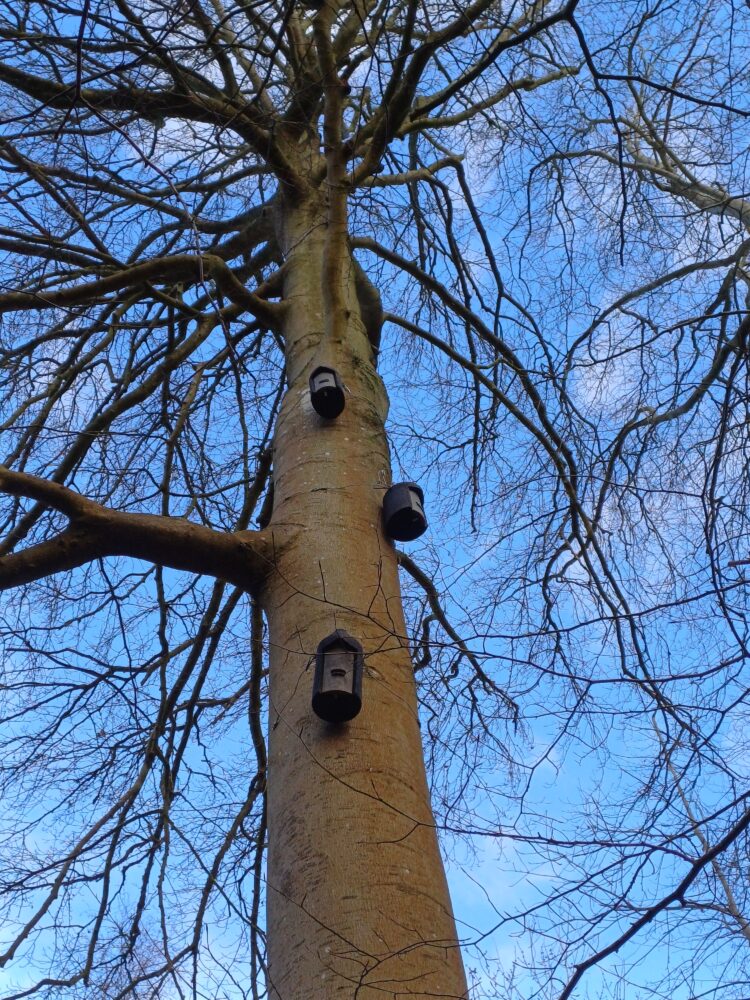
National Utilities – Biodiversity Enhancement
Keystone Ecology were commissioned by a national utilities company to undertake UK Habitat Classification surveys and condition assessments of 150 sites in the south-east of England and Scotland, and develop suitable Biodiversity Net Gain (BNG) enhancement strategies for site management and a potential BNG Habitat Bank.
